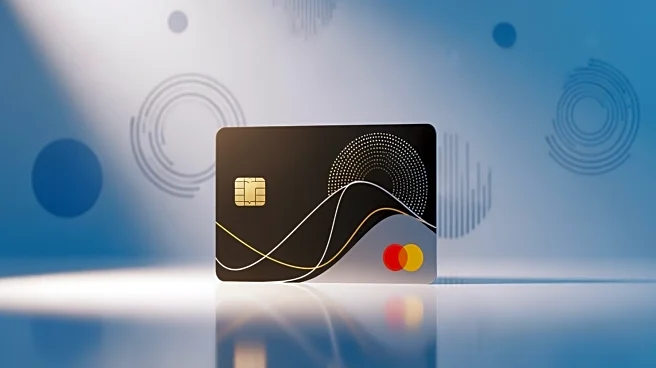What's Happening?
The Fizz Card is a debit card designed to help users build credit without undergoing a credit check. Unlike traditional credit cards, the Fizz Card links directly to a user's bank account, setting a spending
limit based on the available balance. Purchases made with the card are reported to credit bureaus, aiding in the establishment of a positive payment history. The card offers 3% cash back in a chosen spending category, with no welcome bonus and an annual fee of $59.99 for students and $129.99 for non-students. The card's 'SafeFreeze' feature automatically locks the account if payments are missed or if the bank balance drops too low, preventing overspending and late payments.
Why It's Important?
The introduction of the Fizz Card provides an alternative for individuals looking to build credit without the need for a credit check, which can be a barrier for many. This card could be particularly beneficial for students and individuals with limited credit history, offering a way to establish creditworthiness while managing spending. The reporting of transactions to credit bureaus can help users improve their credit scores over time, potentially opening up more financial opportunities. However, the annual fee and limited reporting to only two credit bureaus may be drawbacks for some users.
What's Next?
As the Fizz Card gains popularity, it may prompt other financial institutions to develop similar products, increasing competition in the credit-building market. Users may need to weigh the benefits of the card against its costs and consider how it fits into their overall financial strategy. The card's impact on credit scores will depend on consistent use and timely payments, which could lead to improved credit profiles for users over time.
Beyond the Headlines
The Fizz Card's approach to credit building highlights a shift towards more inclusive financial products that cater to individuals who may be underserved by traditional credit systems. This trend could lead to broader changes in how creditworthiness is assessed, potentially reducing reliance on conventional credit scores and expanding access to credit for a wider range of consumers.











